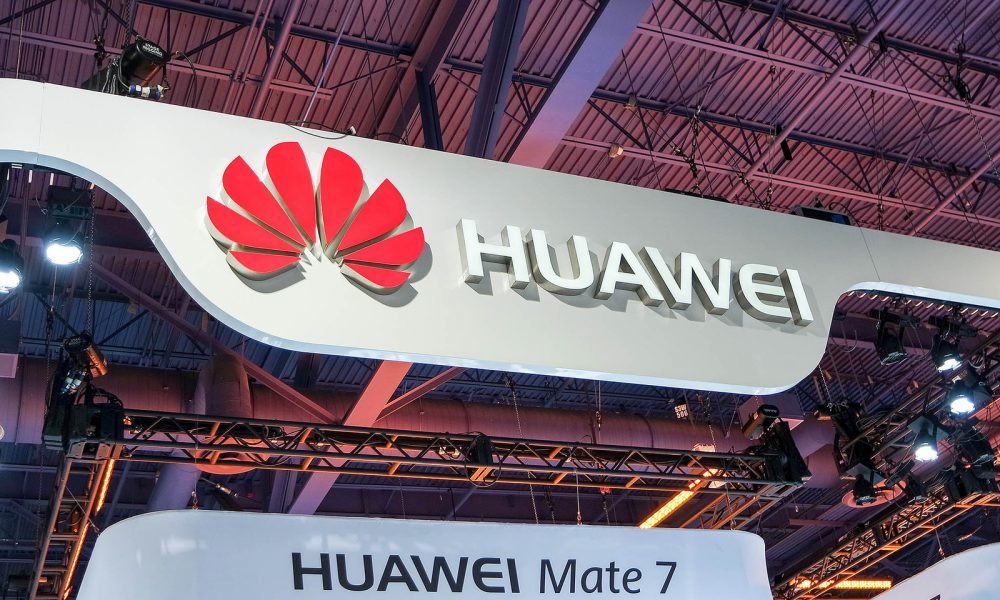
Amidst EU Warnings, Huawei Reaffirms that they Don’t Pose a Security Threat

Having come under fire in recent months over whether their phones pose a security risk to users, Huawei has made it known that their phones are legit. The popular phone manufacturer has refuted all claims leveled against them by saying that no single government has ever requested them to configure specialized “backdoors” for covert access to user information.
Their most recent defense comes right after Andrus Ansip, the current EU tech commissioner called into question the company’s ethics. Speaking to reporters, Ansip mentioned that EU member states need to be wary what information they store if they were to make utility of the phones.

In a statement issued to the public, Huawei categorically refused all allegations that their devices have security flaws.
In response, Huawei made it apparent that they were frankly both surprised and disappointed that Ansip could call into question their business. They cited that in all their years of operation, there has never been an instance where a government agency has ever requested the manufacture of backdoors or network interrupts. They further added that if such a move had been made, they would have been the first to deny advances of that nature.
Huawei, one of the largest phone makers in the world, is going to have to act fast in order to ensure that their brand doesn’t get tarnished any further. More specifically, the company needs to assuage the fears that exist in the European and American markets if they intend to gain a foothold of the market.
Proof
Speaking during this year’s CES conference, Huawei’s consumer electronics CEO, Richard Yu, denied all espionage claims leveled against the company. He cited that over the last quarter of a century, the company had continuously been involved in campaigns to foster good relations with many carriers and governments world over.
One Huawei spokesman even issued a statement mentioning that their belief at present is that the U.S. government was looking at stopping Huawei’s favorable investments in the U.S. market. He cited the fact that they have a large global appeal with networks in over 170 countries being all the proof one needs to trust in the company’s integrity.

At present, the Chinese company is unsupported by all U.S. carriers.The current malaise follows warnings issued by the big kahunas in the CIA, FBI, and NSA who have all collectively argued a case against Huawei. Conjoined in the situation is ZTE, another company believed to be in cohorts with the Chinese government to spy on Americans.
Unperturbed by the criticism leveled against them, Huawei remains focused on growing it’s business links around the world by making investments in innovation and R&D projects. They’re hopeful that this approach will appeal to their customers and facilitate their success in a broad spectrum of markets where innovation is valued highly.
Despite the heavy criticism leveled on the company, there’s never been an iota of proof that Huawei is actually involved in spying users’ information. A project launched by the NSA in 2012 codenamed “Shotgiant” was actually established in a bid to oversee communications made by Huawei networking devices around the world. In the end, no links were discovered between the tech company and China’s People’s Liberation Army.
No Way
Even with the lack of evidence to support claims leveled against the two companies, the House Intelligence Committee resolved that the company needed to be restricted from accessing business in the United States. They mentioned that the company failed the integrity test and that any acquisitions, mergers or takeovers would have to be halted right from the onset.

Going forward, the Chinese tech company may need to borrow a leaf from their South Korean counterparts, Samsung.
Having battled the storm in 2016 following reports of their Galaxy Note 7 phones catching fire, those in positions of power at Samsung may be best placed in helping Huawei executives on how to come clean after the negative publicity.
Adups, a software company based in China, was discovered to be in the business of selling firmware to Android manufacturers like Blu. With the discovery having been made in 2016, right around the same time that American Intelligence Agencies started to cry foul, it’s safe to say that their reservations about Huawei emanated from a lack of trust.
Adups had a software that run in the background and forwarded users’ text messages to a Chinese server after every 3 days. Incidentally, the tracking software was never deployed on any American bound phones. Rather, it was meant for an undisclosed Chinese phone manufacturer.
One thing that remains to be seen is whether Huawei and ZTE will reveal if they managed to block Adups’ software from finding their way into their devices.
More in Finance & Business
-
`
Why You Need to Think Twice Before Buying a House
So, you have been scrolling through real estate listings, envisioning your dream kitchen, and even bookmarking paint colors for the nursery....
November 26, 2023 -
`
Santo Spirits: Sammy Hagar and Guy Fieri’s Joint Venture
In the world of business partnerships, some combinations might seem unconventional at first glance. But when you delve deeper into the...
November 16, 2023 -
`
Everything You Need to Know About Mortgage Rate Lock
You have probably embarked on the exciting yet nerve-wracking voyage of purchasing a home. Amidst the sea of paperwork, open houses,...
November 9, 2023 -
`
7 Effective Ways to Make Your Business More Sustainable
In an age of rising environmental consciousness, making your business more sustainable isn’t just a trend; it’s a necessity. Sustainable practices...
November 3, 2023 -
`
Housing Market Going Up? Then Why Not Rent?
“Buy a house! It is the best investment!” How many times have you heard that? Probably enough to make a drinking...
October 29, 2023 -
`
Surprising! Celebs Who You Didn’t Know Had a Master’s Degree
When it comes to celebrities, we often associate them with glitz, glamour, and blockbuster movies. But did you know that some...
October 17, 2023 -
`
Navigating the Housing Maze: The 7% Mortgage Rate Quandary
If there is one thing that this year has thrown our way (apart from those fascinating tech gadgets we did not know...
October 12, 2023 -
`
Where to Buy a House in the U.S With a $100K Salary
Got a cool $100,000 annual paycheck in your pocket? Cheers to that accomplishment! With such a financial cushion, dreams of homeownership...
October 6, 2023 -
`
The “Grave” Housing Crisis Forcing U.S. Homeowners to Sell Their Houses
Every culture has its dreams and aspirations. For those living in the United States, it has traditionally been an idyllic house, spacious and...
October 1, 2023















You must be logged in to post a comment Login